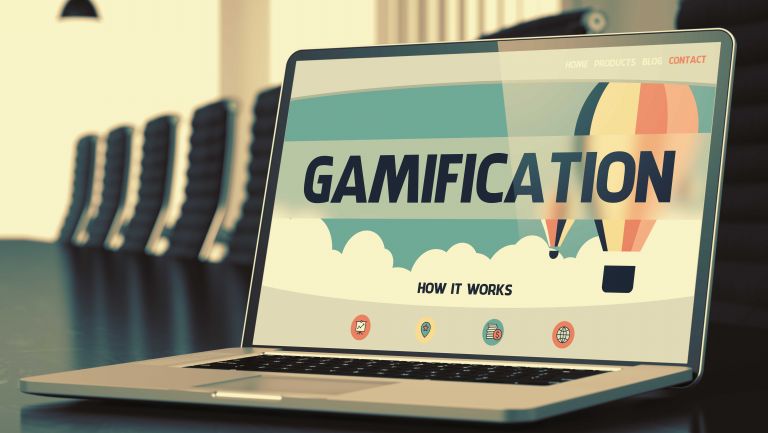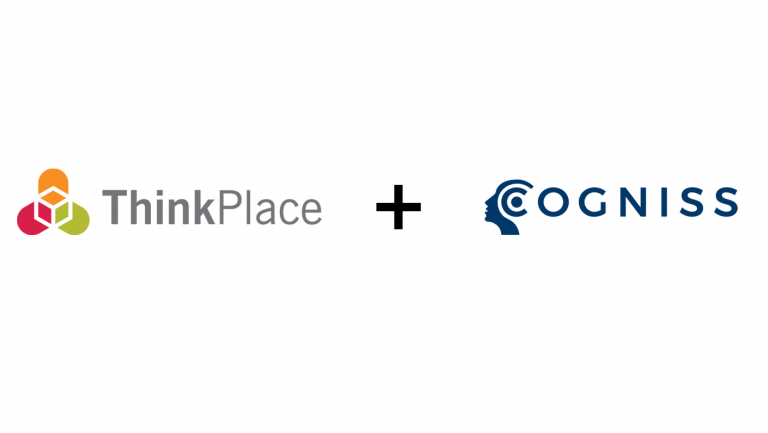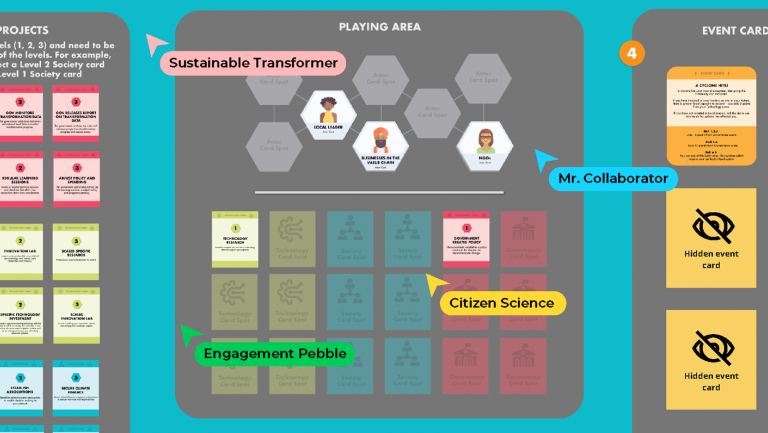Sign up for our monthly newsletter

Meet our new leaders: Sarah Patterson, GM Victoria
As part of its largest ever organisation restructure ThinkPlace has appointed five new General Managers. What does that all mean? We sat down with Sarah Patterson, a native North Queenslander who has made her home in Melbourne and is not afraid of doing the ‘heavy lifting’ as GM of ThinkPlace Victoria.
Hear from the rest of our leadership team: Sarah Martin; Danny De Schutter; Dane Galpin and Sky May.
TP: What does it mean to be a GM at ThinkPlace?
SP: Well firstly it’s a huge privilege. This company is a decade and a half old and it has done some amazing things in terms of creating a culture and making positive impact all over the world. But what we have now is a big opportunity. We have a fresh leadership group with a pretty ambitious vision to push our services and client offerings into new and exciting spaces. It’s such a positive and energetic group, it feels fantastic to be part of it.
TP: You are GM of ThinkPlace Victoria. What does that business look like right now? What are some of the challenges?
SP: ThinkPlace has built its business and its portfolio in Victoria over the past three years and become a significant part of the fabric of how things are designed and change is created in this state. I’m proud to have been part of that. The moment we are in has some huge challenges for everybody. The great thing is that it gives us an opportunity to go out and talk to the market. To find out where there is greatest need for design and innovation and to start matching our experience and our knowledge to meet those emerging needs.
Sarah facilitating an impactful co-design engagement
TP: Victoria has really borne the brunt of Covid-19 in Australia. What does that mean for a team like yours?
SP: There has been huge disruption and many sectors of the society and the economy are in a depressed state. Everybody is looking to the budget in September and to the next few months to see what stabilisation and recovery will look like.
But even in such times the work of providing services, or creating change, of responding to community needs goes on. It’s vital (both in the sense of being alive and of being really important). The stakes are higher than ever.
TP: Where are you seeing specific need for the kind of services and experience that ThinkPlace offers?
SP: So many areas. But we can definitely break them down into a few really significant sectors.
Firstly, there are just some parts of the economy that need to keep going with important transformations that are underway. For us a great example is utilities like power and water companies. These are private sector companies in areas that are very heavily regulated and that means they sometimes really struggle with innovation. How they better orient towards customer needs, how they integrate new technologies, how they build structures and capabilities to meet the challenges of the fast-arriving future… These are challenges we were already working on before Covid happened but they have only become more important.
TP: So it’s working with them around innovation?
SP: Absolutely. But we’ll typically see these companies do have innovation capability when it comes to a new offering or a technical solution. What they don’t have -- what they often look to us for -- is help with innovating around system-level problems from a whole system perspective.
That kind of innovation is what’s needed to address the problems we face, whether it’s in the energy sector, the water sector or somewhere else. To do it you need the convening power to bring the right people together and you need the tools and expertise to forge shared intent and collaborate in a powerful, practical way. That’s a big part of what we do.
TP: Where else do you see your team making impact on the challenges Victoria faces?
SP: We’ve set as our most fundamental team goal working towards meaningful action on climate change. It’s part of a broad commitment to advancing sustainability issues that is a common theme across so much of our work.
The circular economy is a big part of this. We have a waste and recycling problem in Victoria on a massive scale. How to store it, how to process it and most importantly how to produce less of it and reuse more of what we do produce. Just because this has been replaced in the headlines by the pandemic does not make the need for action any less urgent.
These challenges span the public and private sector, they span multiple levels of government and they involve every household and every person in the state. This is a classic case of a complex system that is currently set up to produce wicked problems. It’s an area where we know that the approaches we’ve used successfully in other sectors can gain some traction and help unlock new ways of doing things.
We ask the questions that nobody else thinks to ask - Sarah Patterson, General Manager Victoria
Sarah presenting at the 2019 Shenzhen UNLEASH Innovation Lab
TP: Your background is pretty mixed. You’ve worked in government -- on social policy and programs -- and you’ve also been an architect and had a strong interest in the built environment and placemaking. How does that link into this new role?
SP: I’m really interested right now in how my team can bring these ideas to bear on the post-Covid state of play that we’ll be looking at in Victoria. Whether it’s small retailers, big commercial landlords like shopping mall owners or local government, there is going to be a massive need to work together, flexibly and creatively, to plot a way out of this.
There is going to be a hunger to reopen public spaces again but at the same time a general anxiety about how to do it safely. We’ll need to balance commercial imperatives with public health and safety. If you think of landlords needing to recoup their investment, small business owners just wanting to keep their head above water, customers and everyday people wanting to re-enter public space but nervous about doing so… we have a complex system here with overlapping and sometimes competing needs. For ThinkPlace designers… that’s our natural habitat. It’s where we shine.
TP: Complete this sentence: Working with ThinkPlace designers is different because…
SP: We ask the questions that nobody else thinks to ask.
TP: Tell us three surprising things about yourself.
SP: Wow… ok.
I am a North Queenslander by birth. People are surprised by that sometimes.
I love to lift heavy things. I’m really into power lifting. It is killing me at the moment not being able to get to the gym.
I started working in government as a 17-year-old in the area of social policy. In that part of my career I spent a lot of time looking at the welfare system. The things I saw left me with a really strong determination to make sure every experience that citizens -- particularly vulnerable ones -- have with government is a well-designed one that recognises and values their humanity.
TP: If you weren’t a ThinkPlace GM what would you love to be doing?
SP: Maybe teaching yoga in Bali? That’s a pretty different life!
TP: Tell me about a moment when you saw first-hand the impact that great design can make on a significant problem.
SP: My first ever day on a construction site as a young architect taught me a lesson I’ve never forgotten. I had drawn these beautiful screw-fixed door frames. I was very happy with my design. The builder had to pull me aside and explain I hadn’t left room for him to actually get a screwdriver into the space to screw them in. My design literally couldn’t be built. I quickly learned that design has a theoretical component to it but it is ultimately destined for real-world contexts. It’s the same with the programs, policies, innovations and services we work on at ThinkPlace. Each one of them can only be successful if it works well for the people who will use it or the system it will exist within.








